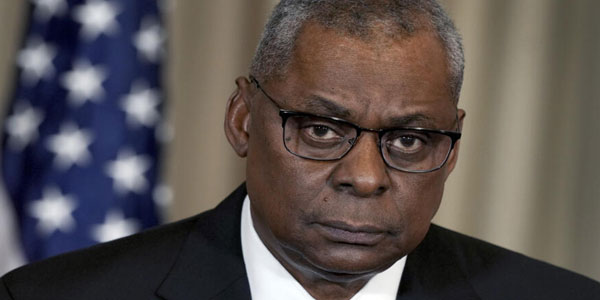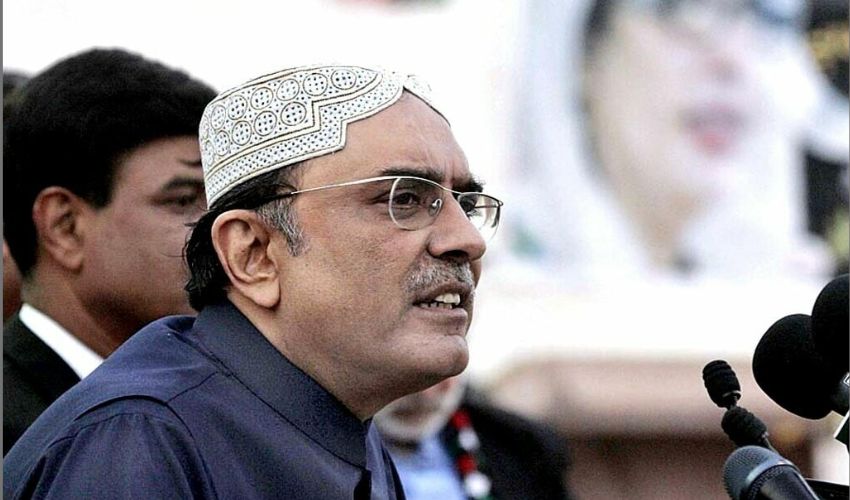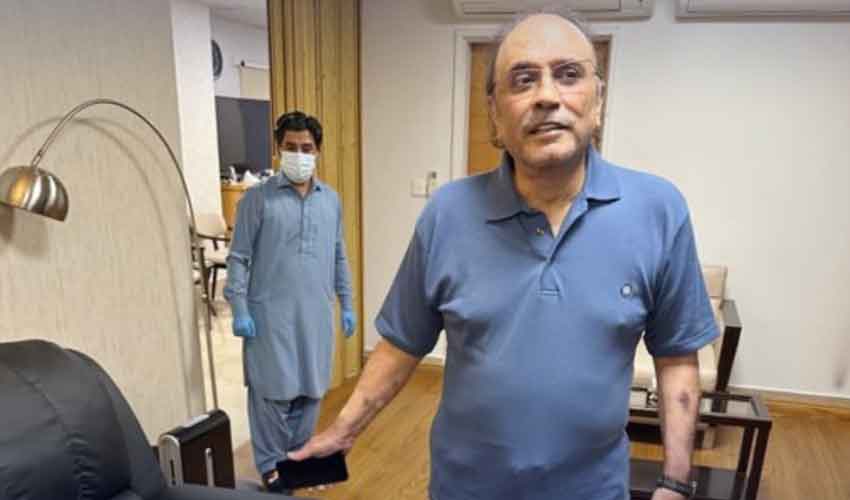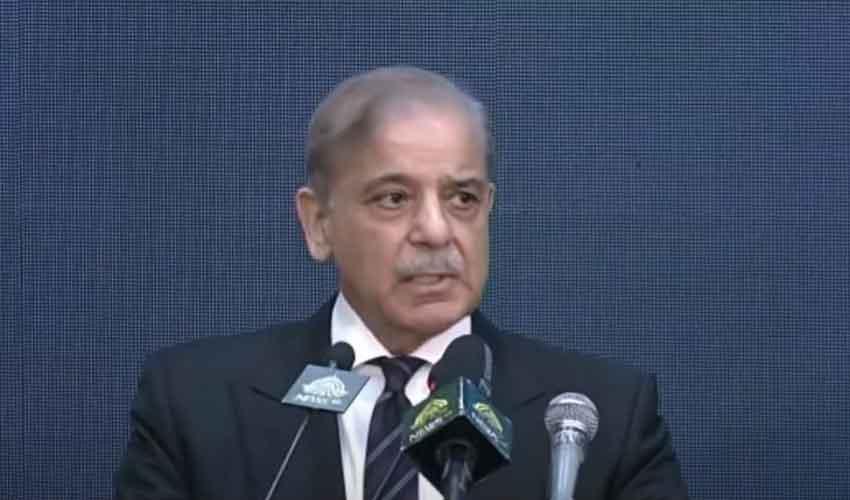US Secretary of Defense Lloyd Austin, currently battling prostate cancer, has temporarily delegated his duties to Deputy Secretary of Defense Kathleen Hicks following an urgent hospitalization for a "bladder issue," a Pentagon spokesman announced on Sunday.
The decision to transfer responsibilities to Hicks was made just before 5pm (2200 GMT) as Austin continued to receive medical treatment. The White House and Congress were promptly notified of the situation.
This development comes amidst scrutiny over Austin's handling of his health conditions weeks ago, particularly after it was revealed that he had previously concealed hospital stays and delayed informing President Joe Biden about his cancer diagnosis. Criticism ensued, especially as the United States faces pressing issues in regions like the Middle East and Ukraine.
Austin had disappeared from the public eye for treatment for prostate cancer in December, and again in January after suffering complications from the procedure.
Austin's recent hospitalization occurred around two hours before the public was informed. He was transported to Walter Reed National Military Medical Center by his security detail, according to Pentagon spokesman Pat Ryder.
Initially, it was indicated that Austin would maintain his office duties, even bringing classified communication systems with him to the hospital. However, the decision to transfer responsibilities to Hicks was announced a few hours later, with Ryder stating that further updates would be provided by the Pentagon as soon as possible.
Austin has faced political backlash for his secrecy regarding previous hospital stays, prompting him to issue an apology earlier this month. Despite this, President Biden has expressed confidence in Austin's leadership, acknowledging his lapse in judgment but maintaining support.
"I should have told the president about my cancer diagnosis," he told journalists on February 1.
The undisclosed absences and current hospitalization come at a critical juncture for the United States, with ongoing challenges in the Middle East and efforts to bolster support for Ukraine against Russian aggression. Despite calls for his removal from some Republican lawmakers, Austin remains in his position, known for his nonpartisan approach and dedication to US troops.
Reflecting on his decision to keep his cancer diagnosis private, Austin emphasized the balance between personal privacy and public accountability, acknowledging the right of the American people to be informed about their leaders' health challenges that may impact their duties.



























